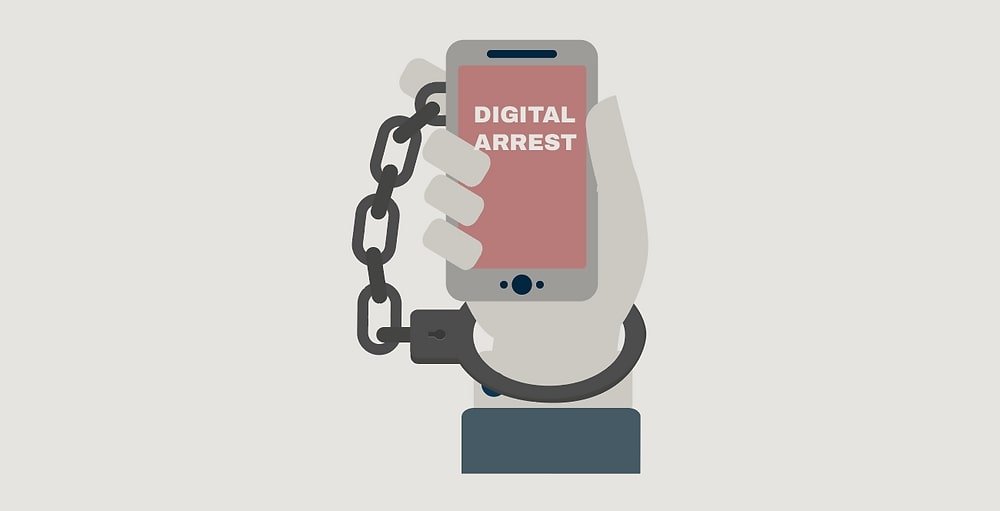A 65-year-old retired hospital employee from Mumbai lost ₹75.5 lakh after falling victim to a ‘digital arrest’ scam — a new-age fraud where conmen pose as law enforcement officers and coerce victims into paying large sums under the pretext of fake criminal charges.
How the Scam Unfolded
The ordeal began when the victim received a call from someone claiming to be an officer from the Delhi Police. The caller alleged that a bank account linked to his name had received ₹2.83 crore through illegal means and that he was being investigated for money laundering.
Moments later, he was connected via a video call to a man dressed as a police officer who introduced himself as Inspector Gopesh Kumar. To make the act convincing, they even showed fake documents bearing the Supreme Court’s seal and claimed that an arrest warrant had been issued against him.
Terrified of being arrested, the senior citizen complied with every instruction given by the fraudsters — unaware that he was being manipulated by a cybercriminal network.
Forced to Sell Flat and Liquidate Savings
Under constant psychological pressure, the victim was directed to transfer money to several accounts to “clear” the investigation. Over two months, he withdrew around ₹18 lakh from his mutual funds and sold his Borivli flat for nearly ₹64 lakh. Out of this, ₹48.5 lakh was directly transferred to accounts provided by the scammers.
When the fraudsters demanded more, he even tried to take a personal loan, but the request was denied by his bank. Only then did he realise the deception and reach out to authorities.
Police Investigation Underway
A formal complaint has been registered, and an investigation is ongoing to trace the money trail and identify the individuals behind the fake police identities.
Officials have confirmed that the case involves multiple layers of impersonation, forged documents, and use of encrypted communication to appear legitimate.
Police have urged citizens to remain alert, reminding that no government agency conducts arrests or demands payments over the phone or video call. Victims of similar scams are encouraged to contact the National Cybercrime Helpline 1930 immediately.


